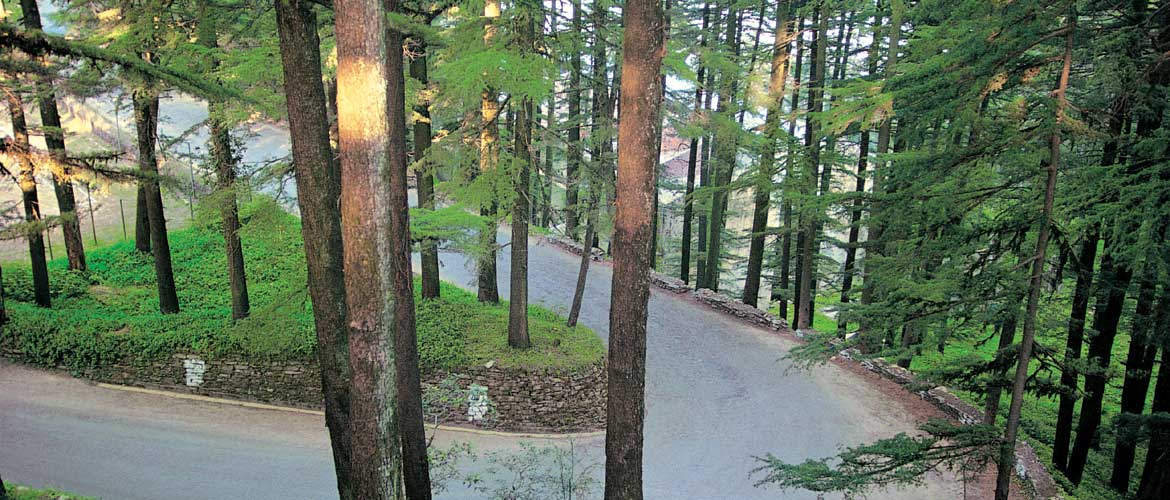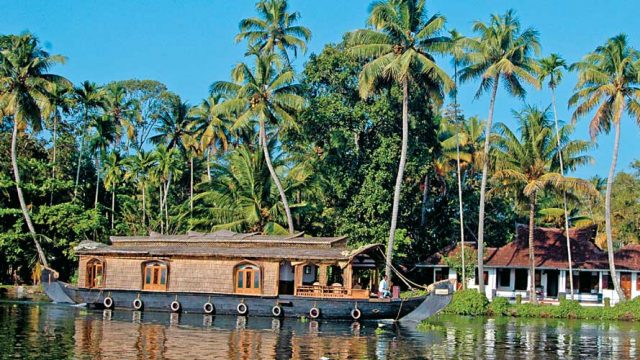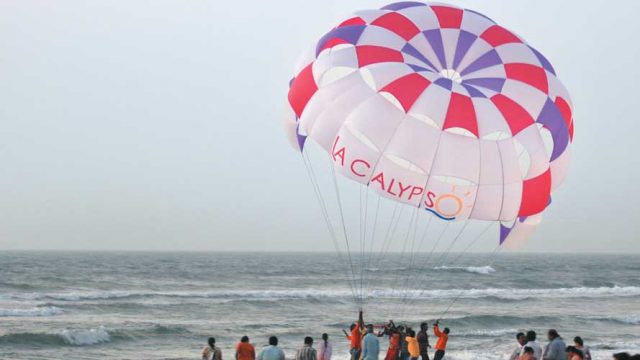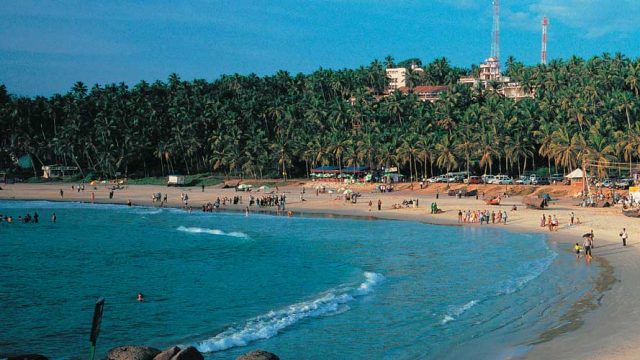Tiny Chail does not rival the colonial grandeur of Shimla, but it does give you

THINGS TO SEE AND DO
Chail does not have a mall road, just a huddle of shops. Spread over three hills – Pandhawa, Rajgarh and Siddh Tibba – Chail is ideal for picnics and short treks.
Tip Beware of monkeys
Pilgrim’s Progress
Faith has three faces in Chail. The most important is the Gurudwara Sahib, built in 1907.
Located on Pandhawa hill, the small yellow gurudwara’s austere structure is reminiscent of the churches in Goa.
Siddh Baba ka Mandir is situated on the hill sandwiched by Rajgarh and Pandhaw hills. The third temple is the Kali ka Tibba, located on top of the hill named after the Rajmata’s cottage, Blossom.
The Choor Chandni peak and the Shivalik Range are visible from here. It’s an easy 6-km trek from the bazaar via the Gaura Road.
Into the Wild
Stretching along the Giriganga River is the small Chail Wildlife Sanctuary, a haven for the wild langur, leopard, bear, hog, deer, goat and wild pheasant (including the endangered kaij pheasant). Keen anglers visiting the Giriganga River need to be prepared for small catch.

Walk the Walk
Chail is all about walking in pairs and brandishing sticks if you wish to avoid being attacked by marauding monkeys. Treks to Shimla and Kandaghat take you along beautiful village shortcuts, whereas the trek to Choor Chandni requires a two-day march to the base camp at Hamirpurghat. WHERE TO STAY AND EAT
HPTDC’s The Palace (Tel: 01792-248140/ 43, Cell: 09418000733; Tariff: ₹2,000–18,500) is a good choice. Himneel Hotel (Telefax: 248140/ 43; Tariff: ₹2,700), in The Palace Annexe, is also run by HPTDC. Jungle Livinn (Cell: 09816048798; Tariff: ₹5,500–11,000, with meals) and Tarika’s Jungal Retreat (Tel: 248684; Tariff: ₹10,900–50,000, with meals) are good resorts on Chail’s outskirts. Hotel Deventure (Cell: 09816222555, 09416392122; Tariff: ₹1,500–6000) is located 1km away from Chail and has great views of the Shivalik Range. Most of the hotels offer Indianised versions of Continental and Chinese dishes, besides the regular Mughlai and Himachali fare.
THE INFORMATION
When to go Chail is a year-round destination. Brave the cold in January to see the beauty of snowed-under Chail
Tourist Office
HPTDC, Chandralok Building, 36, Janpath, New Delhi, Tel: 011-23325320/ 33, W hptdc.nic.in, STD code 01792
GETTING THERE
Air Nearest airport: Chandigarh (110km/ 3.5hrs). Taxi ₹3,300
Rail Kalka (84km/ 3hrs) Taxi should cost you about ₹2,450–2,850
Road Chail is a 337km/ 8hr drive from Delhi. Take the NH1 to Ambala, then the NH22 to Panchkula. Panchkula to Kandaghat is smooth climb through deforested hills, dotted with dhabas and motor repair shops. Take the Solan bypass and turn right from Kandaghat. Chail is 27km from Kandaghat
Unmissable India
Himachal Pradesh
Chail





